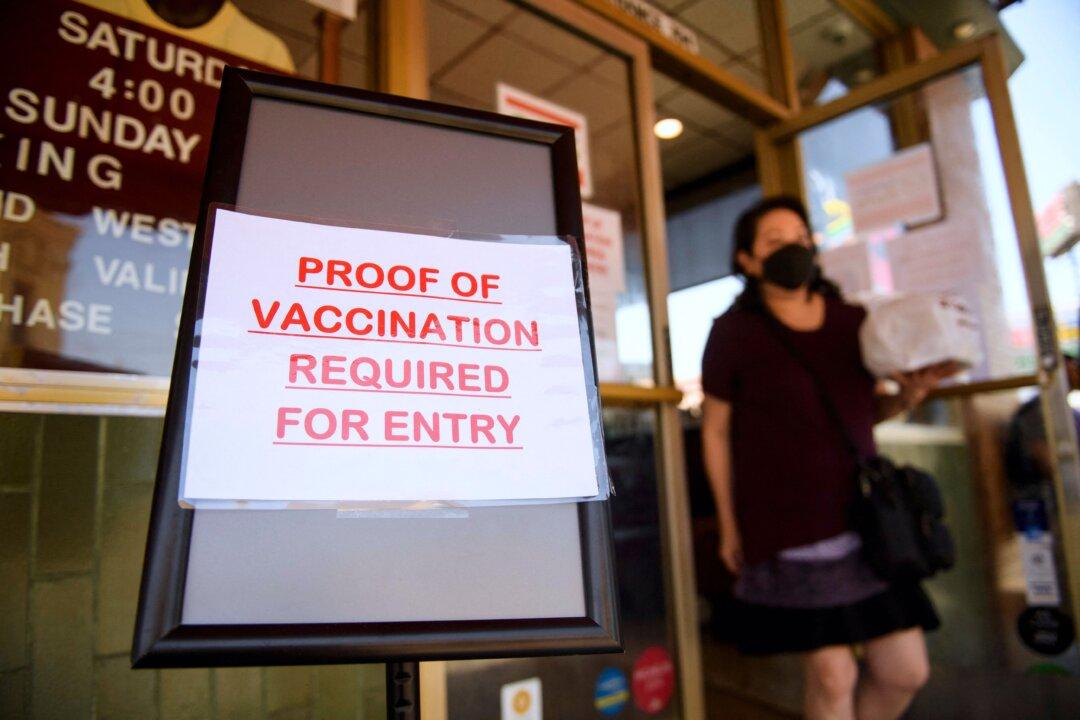People who have received COVID-19 vaccines express discriminatory attitudes toward unvaccinated people, a new study of over 15,000 citizens of 21 countries across the world suggests.
“Individuals who comply with the advice of health authorities morally condemn the unvaccinated for violating a social contract in the midst of a crisis,” two Denmark-based scientists wrote in their paper, published Thursday in Nature. “Those who refuse vaccines report that they feel discriminated and pressured against their will.”





